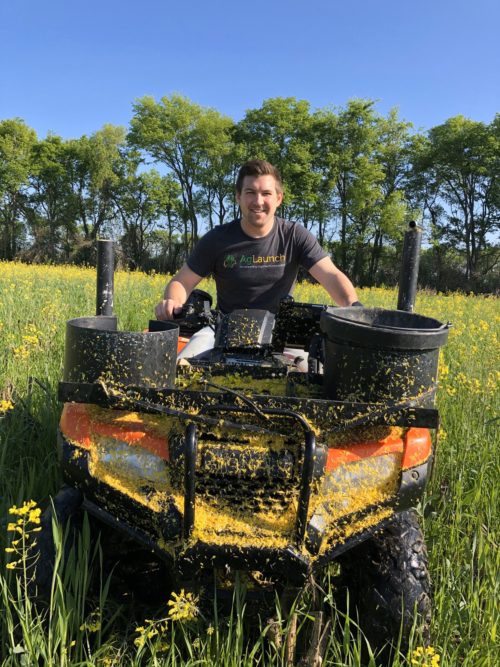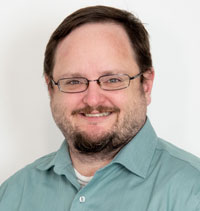
Prominent No-Till Innovator Named to Forbes List
Mitchell Hora named one of the "30 Under 30"
A no-till innovator has received additional recognition for his work.
Mitchell Hora of Washington, Iowa has been named to Forbes Magazine’s "30 Under 30" list. Hora was one of 30 included in the list’s Social Impact category, alongside founders of socially conscious developers and company founders.
The magazine cited his work with Continuum Ag, particularly the development and implementation of the company’s TopSoil Tool in naming him.
Hora is also a no-till farmer and soil health consultant. He spoke at the 2020 National No-Tillage Conference held in St. Louis. His 2020 presentation focused on using Haney soil health test results to enhance soil resiliency and function.
Hora’s career – the latest in seven generations of farmers by that name on the family farm – has been focused on using data to drive decisions surrounding nutrient management and planting.
“Data on inputs, production practices, yields and environmental impacts will become critically important in the near future as farmers seek to capitalize on carbon markets, sustainability initiatives and traceability for consumers,” he told Farm Innovations magazine in January. “Once growers have that data, they can tell a positive story to consumers about their products and practices which will have massive potential for profit in the future.”
Data, like the soil health database Hora’s company maintains, have both short-term and long-term impacts for growers.
“In addition to annual plans of what we’ll be planting where and how we plan to market what we produce, we sat down and outlined a 7-year-plan of where we wanted to be,” he said. “We used that and worked backward and forward to determine what we need to be doing – and when – to reach those goals.”
In the past, data based on planting has allowed Hora to make real-world decisions, like scaling back the amount of horsepower used on the farm.
“Using load and power requirement data from our tractor, we realized no-till and cover crops had mellowed our soils,” he said. “We didn’t need the extra horsepower, so we were able to capture a number of efficiencies by downsizing the tractor.”
Future farming could incorporate complex sensors capable of monitoring crop conditions at the molecular level, Hora says.
“Better tech and data – in the form of real-time sensors – will allow us to work with the trillions of microbes in our fields that make nutrients available and that will allow us to make more informed decisions on the expense side,” he said.
The Social Impact category includes 21-year-old Blake Resnick, who developed a lidar-equipped reconnaissance drone used to assess the stability of Champlain Towers South in Surfside, Fla., following a collapse that killed 98 people, and James Kanoff and Aidan Reilly, who co-founded company that aims to match farms with surplus produce to relief organizations providing food to those in need.
Hora’s company is also co-sponsoring next week’s Big Soil Health Event meeting in Riverside, Iowa.
